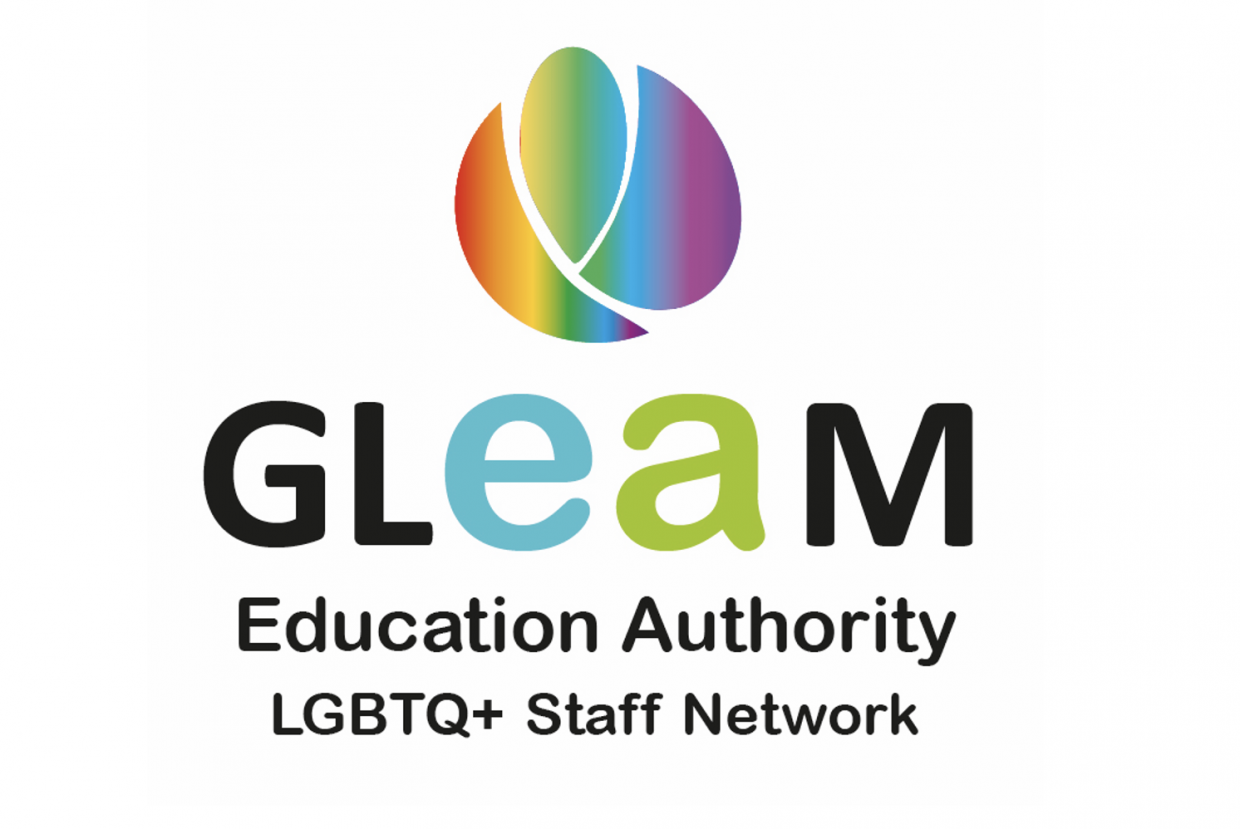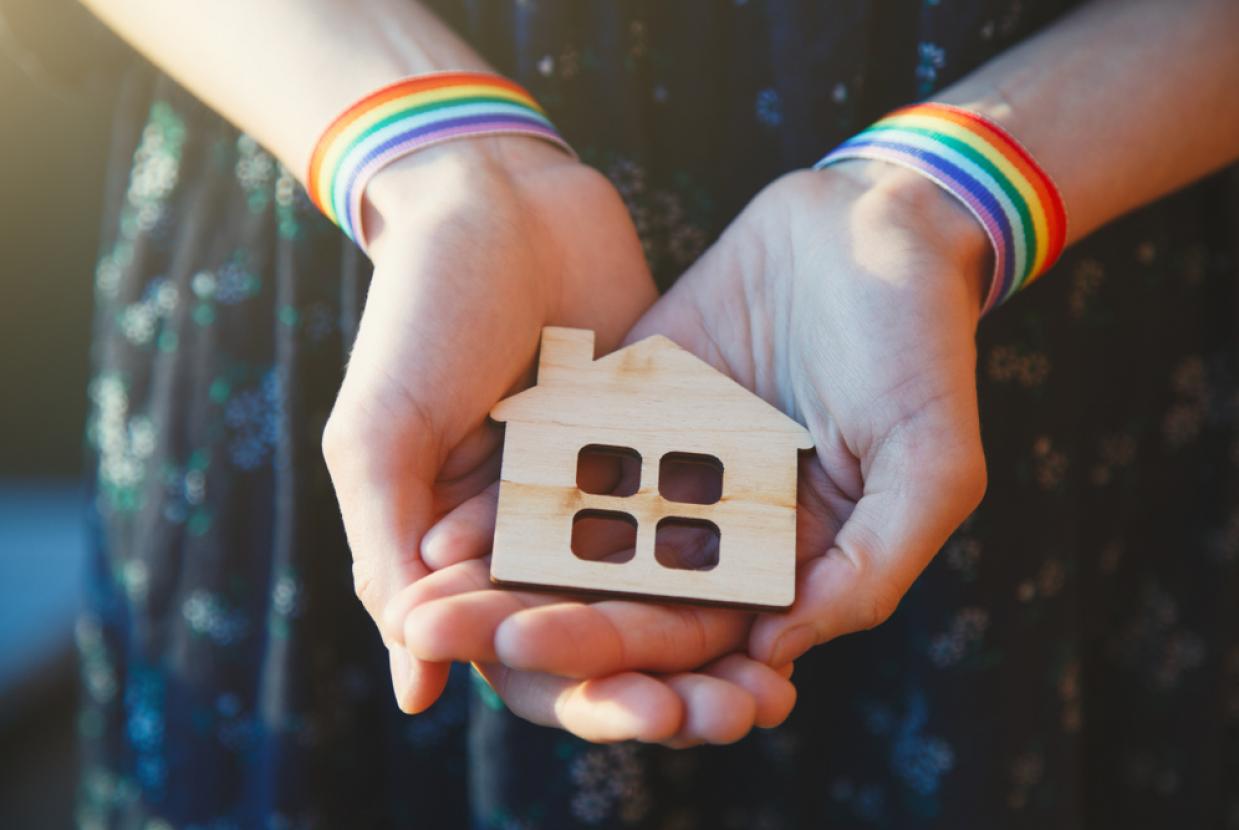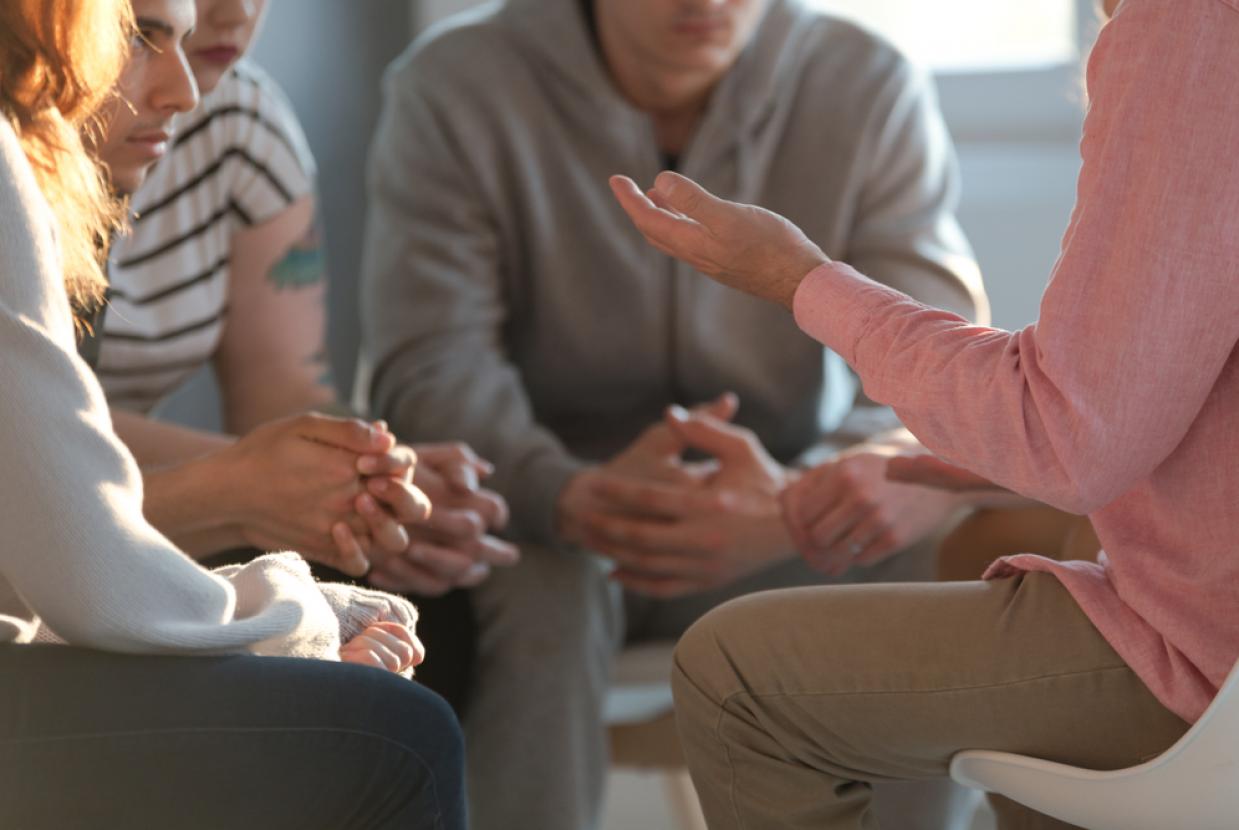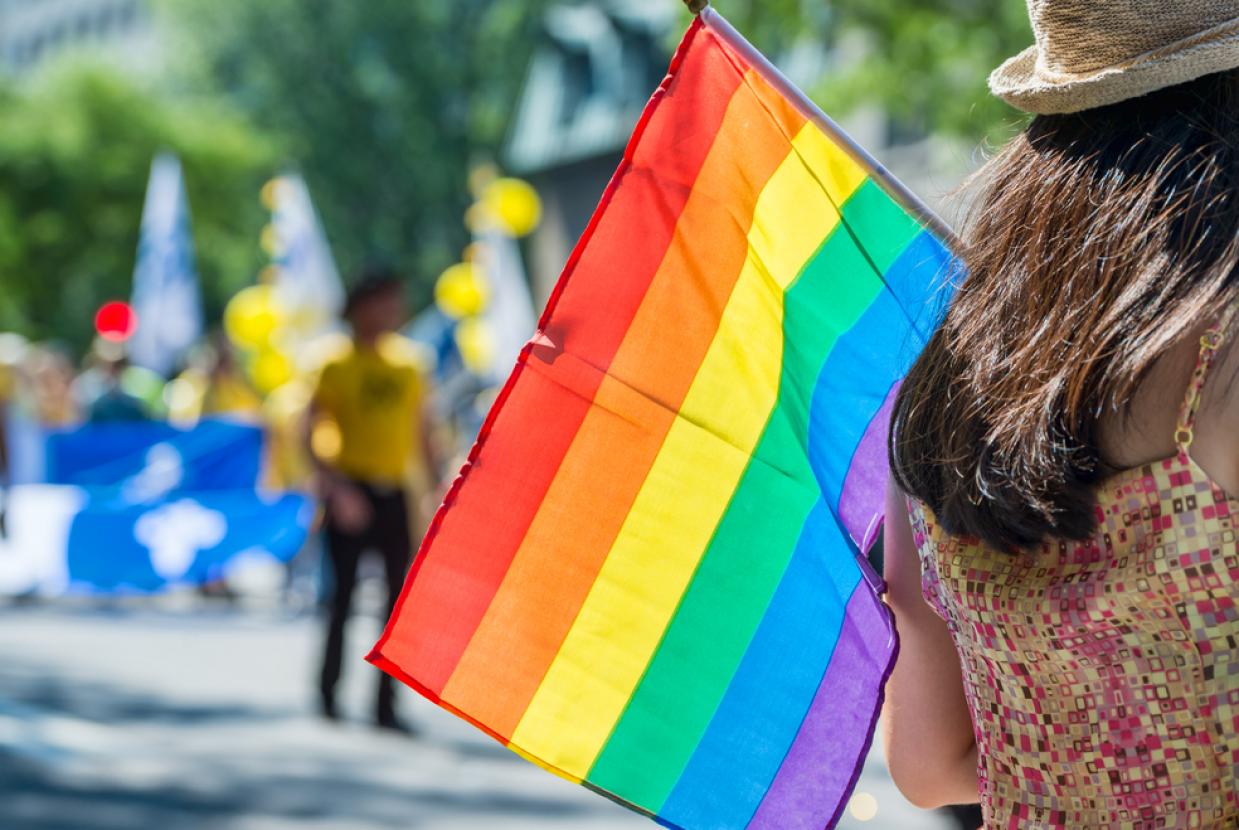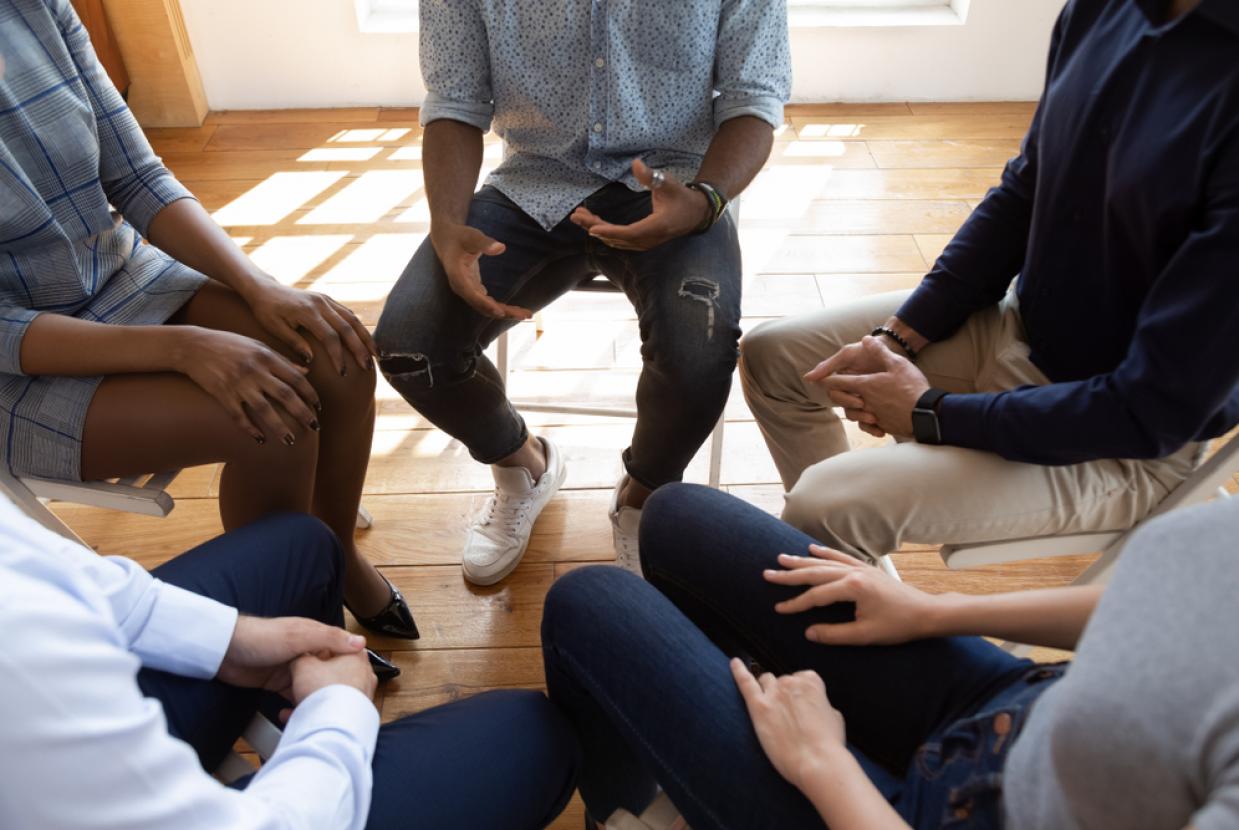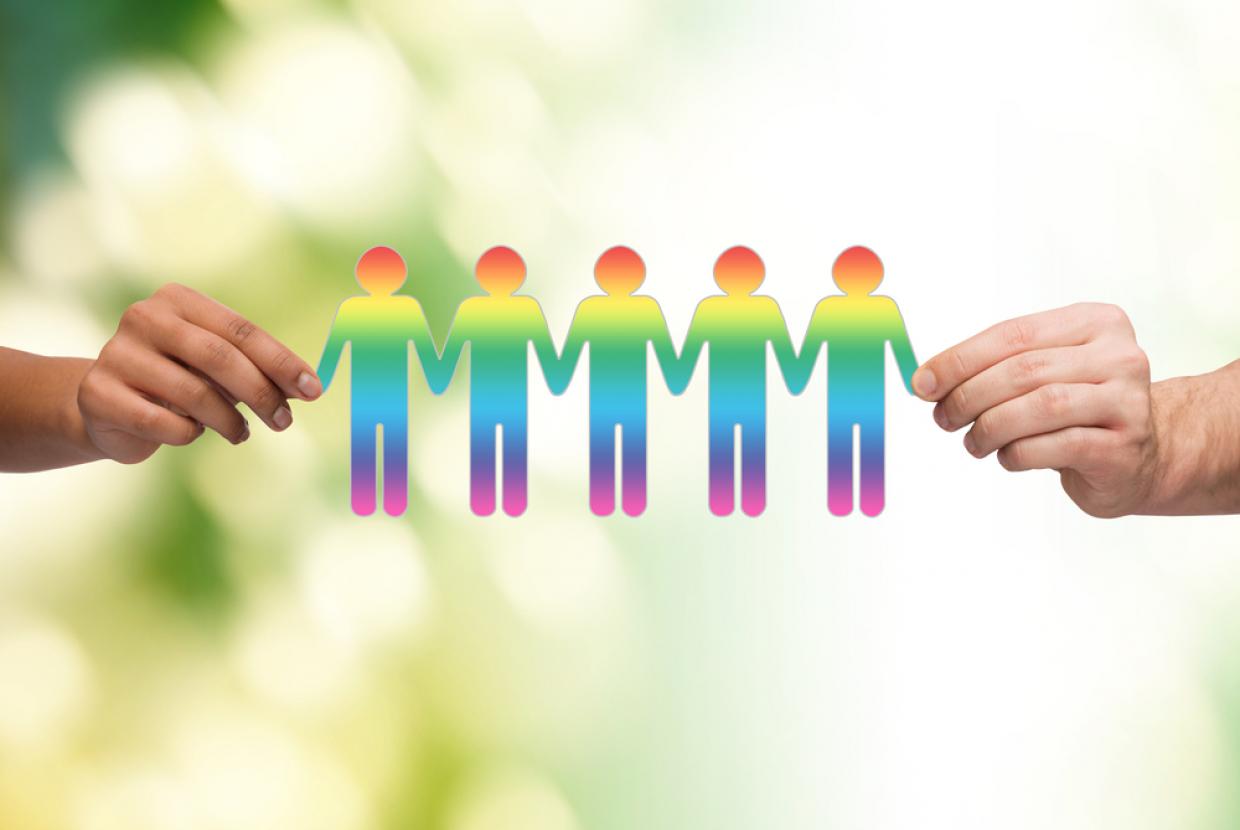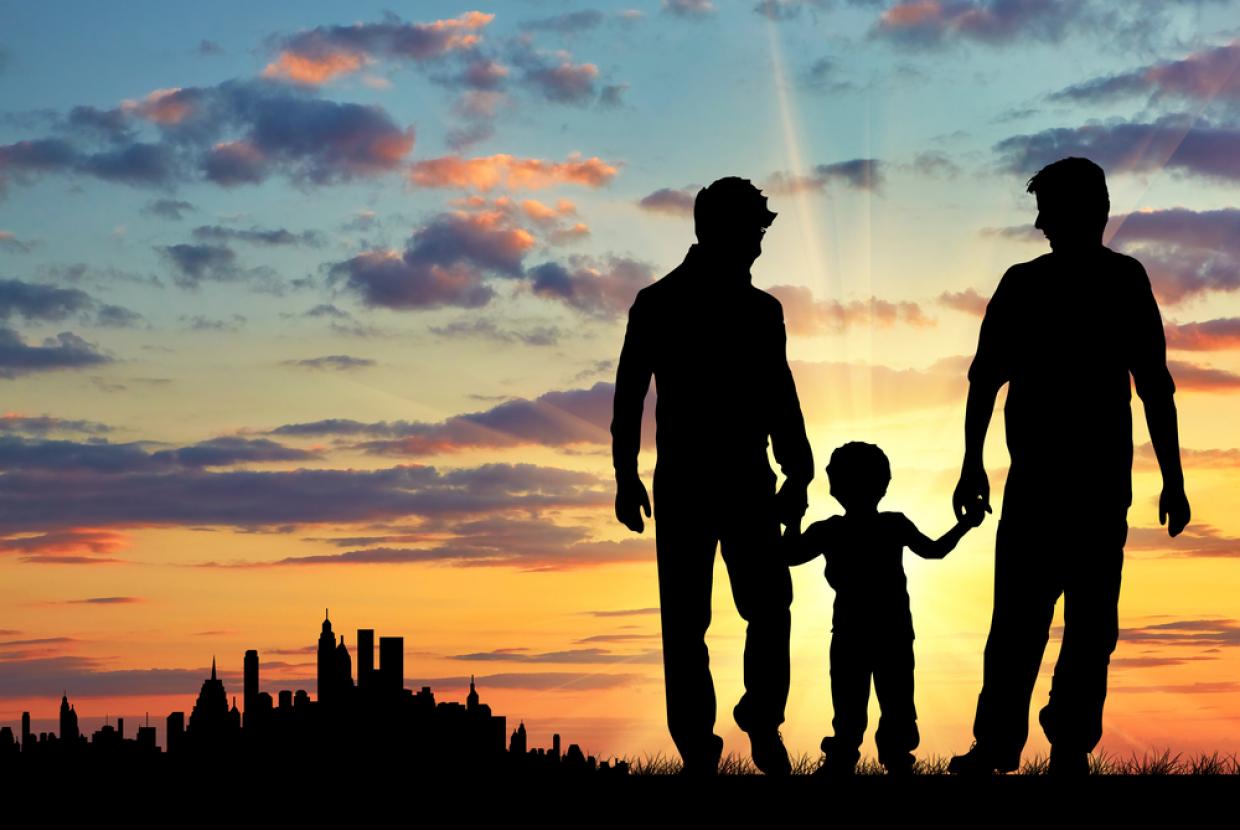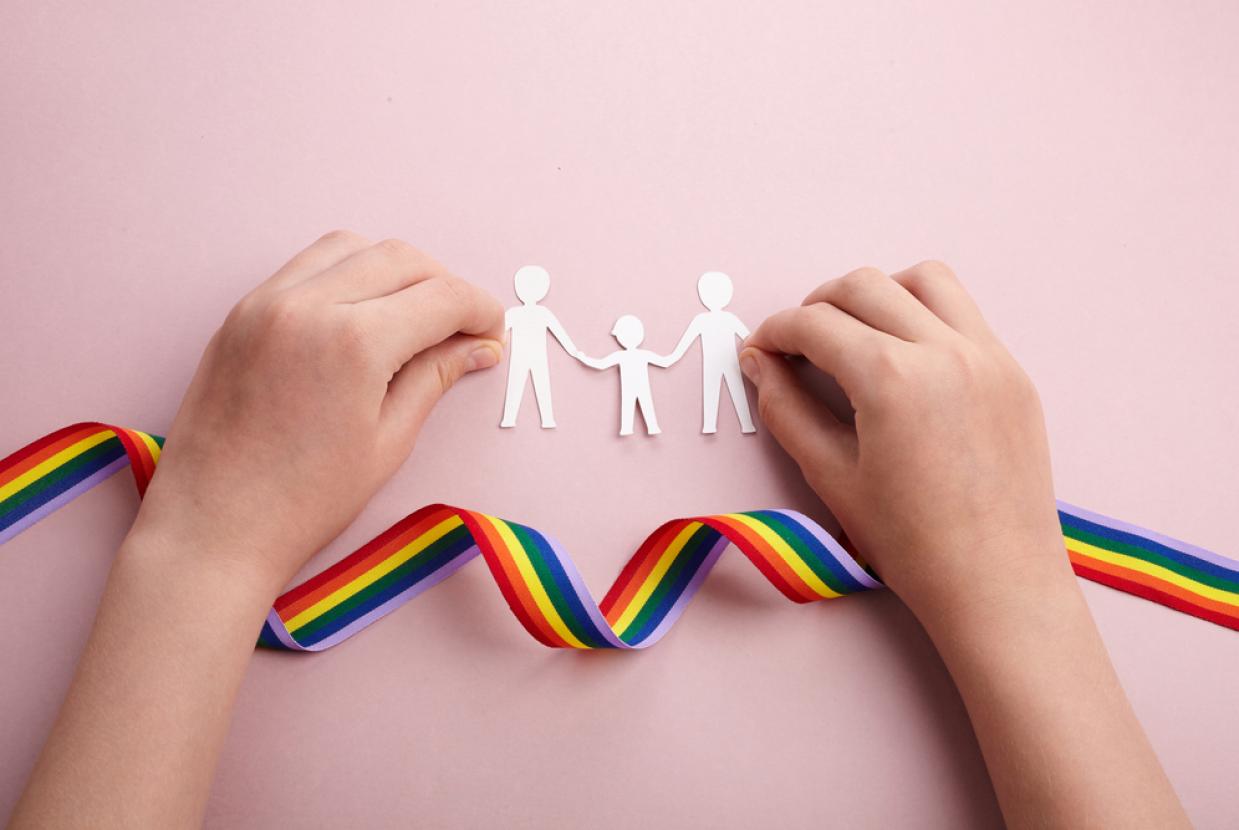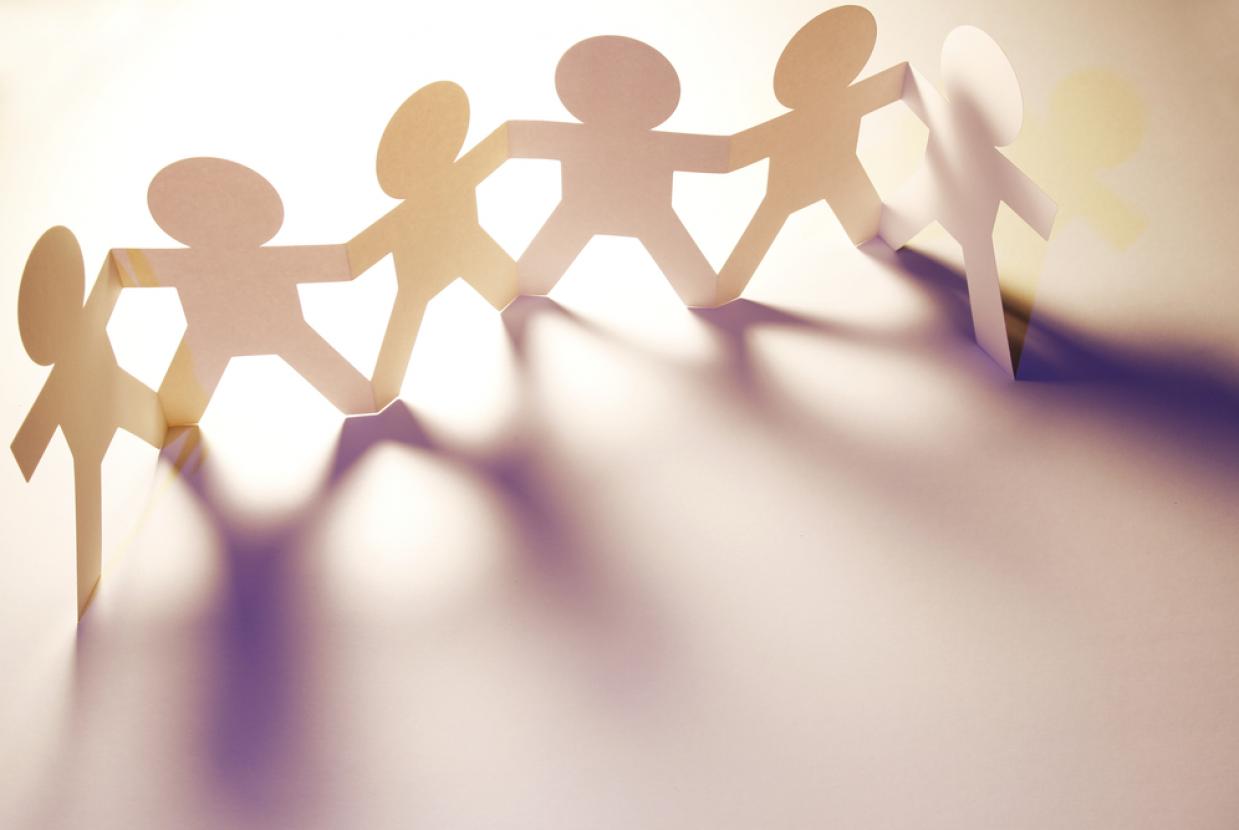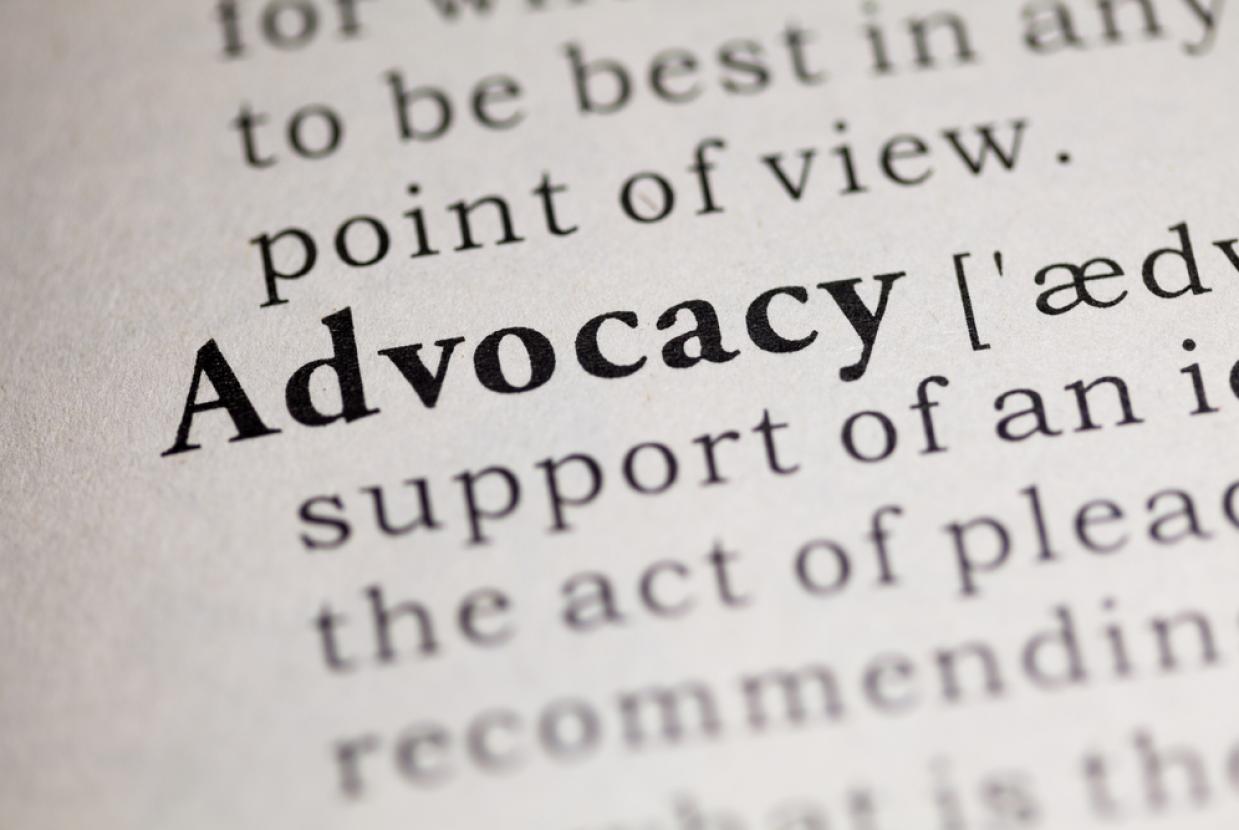Sexual Health
Many people with sexually transmitted infections (STIs) do not get symptoms, so it's worth getting tested even if you feel fine. If you think you have an STI, the earlier you're tested, the sooner treatment can be given if it's needed.
An STI can be passed from one person to another through sexual contact, including vaginal, anal and oral sex. STIs can pass between men and women, and from women to women and men to men. Many STIs can be cured with antibiotics. Some, such as HIV, have no cure, but can be treated to prevent them getting worse.
You cannot tell by looking at someone (including yourself) whether they have an infection, so it's important to get a check-up if you have had unprotected sex or think you might be at risk.
Left untreated, STIs can affect your health. If you have any of the symptoms listed below, get tested:
- pain when you pass urine (pee)
- itching, burning or tingling around the genitals
- blisters, sores, spots or lumps around the genitals or anus
- black powder or tiny white dots in your underwear – this could be droppings or eggs from pubic lice
In those with vaginas:
- yellow or green vaginal discharge
- discharge that smells
- bleeding between periods or after sex
- pain during sex
- lower abdominal pain
In those with penises:
- discharge from the penis
- irritation of the urethra (the tube urine comes out of)
These symptoms do not necessarily mean you have an STI, but it's worth seeing a doctor so you can find out what's causing the symptoms and get treatment.




